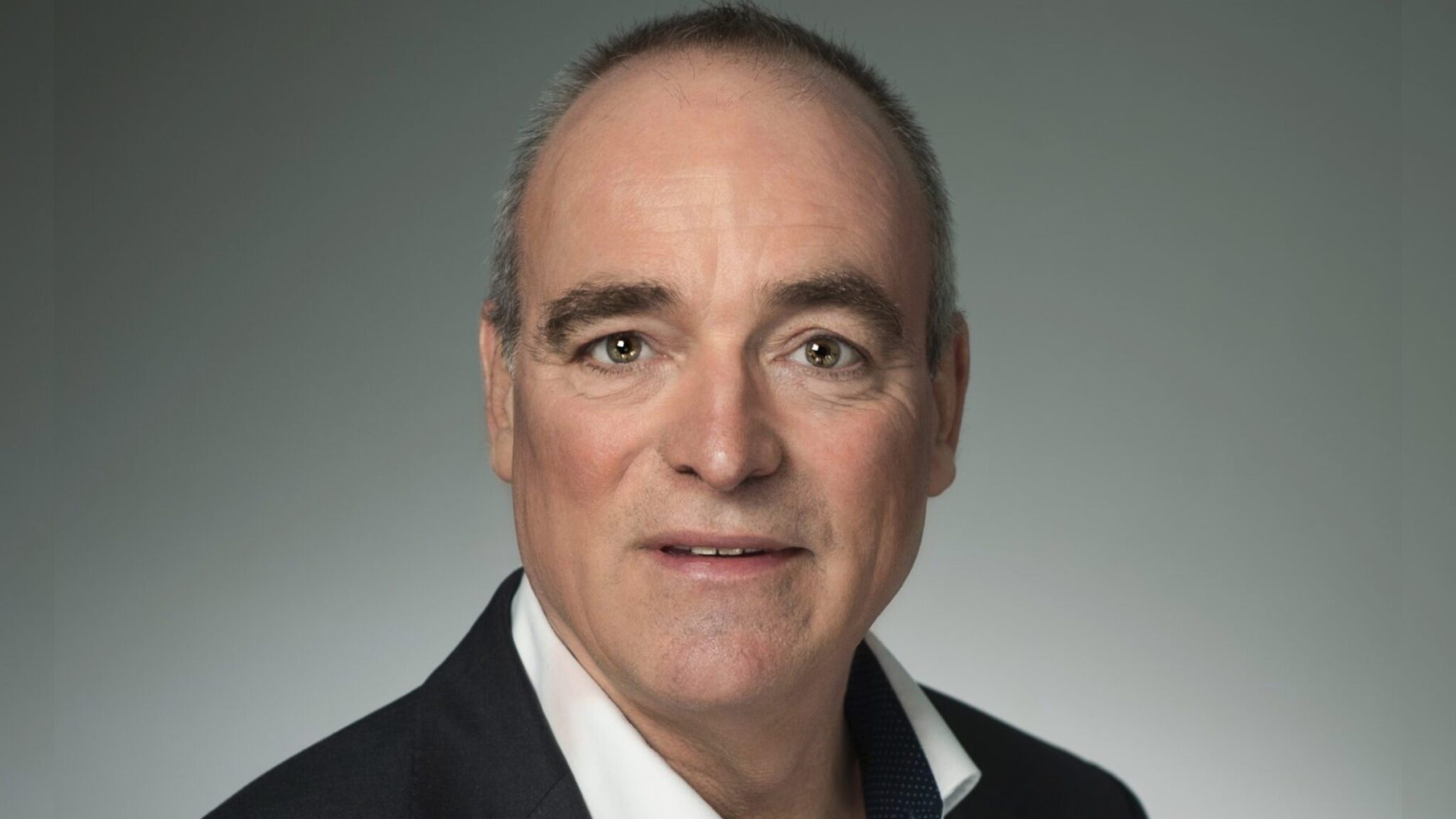
Thomas Lingelbach, Valneva CEO
Covid-19 roundup: EMA offers early access to Pfizer's pill Paxlovid; Valneva fires back with booster data of its own
The EMA said Thursday that European countries can begin to use Pfizer’s Covid-19 treatment pill Paxlovid, even though it is not yet authorized in the …
Sign up to read this article for free.
Get free access to a limited number of articles, plus choose newsletters to get straight to your inbox.